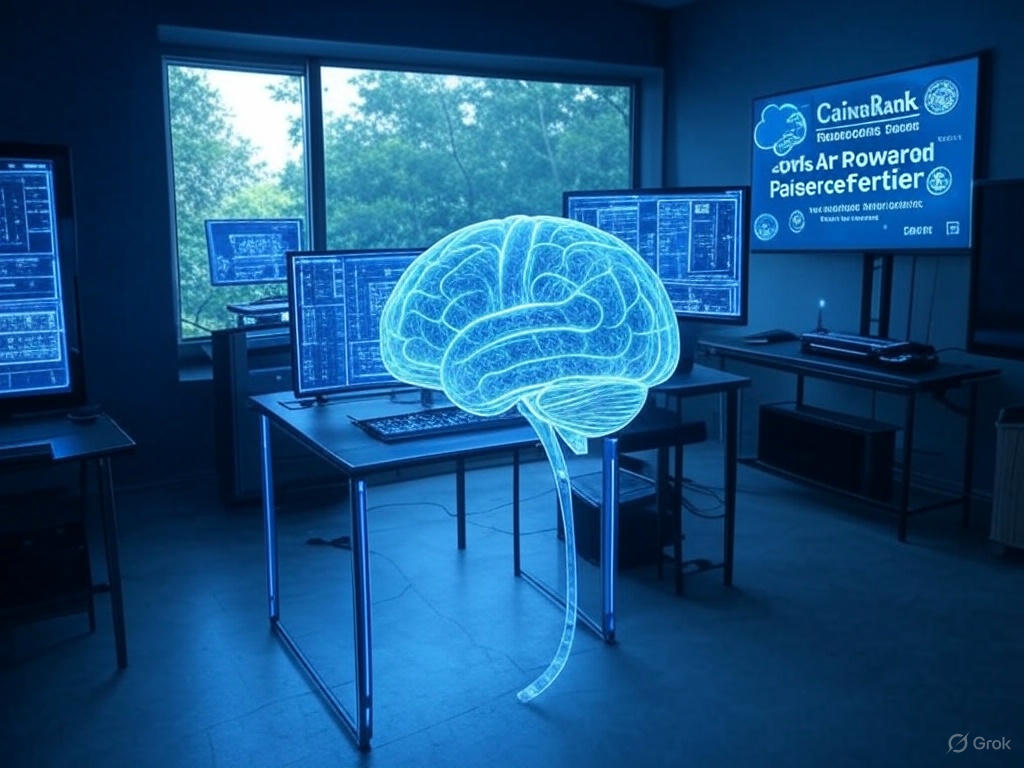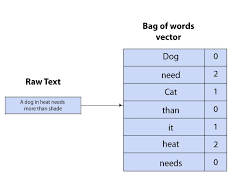The Great Cognitive Shift: How Generative AI is Rewiring Human Thought
The Paradox of Thinking in the Age of AI
A lion hunts on instinct—pure, unfiltered action. Humans? We deliberate, create, doubt. This tension between intuition and reason has defined our species. But as generative AI becomes the default “first thought” for everything from writing emails to crafting art, we must ask: Are we outsourcing cognition itself?
The Rise of the AI-Augmented Mind
- Pre-GenAI Era: Original thought → Research → Creation
- Post-GenAI Era: “How would ChatGPT do this?” → AI draft → Human tweaks
This shift isn’t just about efficiency—it’s altering:
🔹 How we structure ideas (bullet points over prose)
🔹 What we consider “good” writing (polished but generic)
🔹 Our tolerance for imperfection (why struggle when AI gives “perfect” drafts?)
A 2024 University of London study revealed:
✔ 90% of writers given AI suggestions incorporated them
✔ Outputs became 25% more similar in style and structure
✔ “Originality atrophy”—highly creative thinkers showed diminished unique output
The Mediocrity Flywheel: When AI Elevates the Average
Case Study: The Homogenized SOP
Thousands of students now use AI for university applications. The result? Admissions officers report:
- 70% of essays share identical phrasing (e.g., “passionate about leveraging synergies”)
- “AI tells” like overuse of “resilient,” “impactful,” and “unprecedented”
- Committees now actively penalize AI-perfect essays to hunt for authenticity
AI’s training data mirrors dominant cultural narratives—note how “Dear Men” prompts yield starkly different tones.
The Unseen Cognitive Tax
What We Lose When We Stop Thinking First
- Critical Thinking Muscle → Reliance on AI summaries replaces deep analysis
- Intellectual Stamina → Why wrestle with ideas when GPT explains instantly?
- Linguistic Diversity → Corporate emails now share eerie stylistic similarities
- Cultural Nuance → AI favors Western perspectives (80% of training data is English)
Psychological Repercussions:
- Imposter syndrome spikes (Can I write this well without AI?)
- Skill plateaus in early-career professionals
- Erosion of “thinking time”—the creative incubation period
Preserving Humanity in the AI Age
The Antidote: Intentional AI Use
| Pitfall | Solution |
|---|---|
| Blind AI adoption | “AI last” rule—think first, refine with AI |
| Style homogenization | Curate personal writing vaults for unique voice |
| Cognitive laziness | Deliberate practice of unaided problem-solving |
For Organizations:
- “Raw thought” workshops where AI is banned
- Bias audits of AI-assisted content
- Reward imperfection in early drafts
The Road Ahead: Coexistence or Colonization?
Generative AI is the most potent cognitive tool ever created—but like any tool, it shapes its user. The next decade will reveal whether we:
A) Merge with AI into a hybrid consciousness
B) Retain human primacy by setting strict cognitive boundaries
“The real threat isn’t that AI will think like humans, but that humans will stop thinking without AI.”
The choice is ours—for now.
Key Takeaways:
⚠️ AI standardization threatens intellectual diversity
🧠 “Thinking muscles” atrophy without conscious exercise
🌍 Cultural biases amplify through AI adoption
🛡️ Defend cognitive sovereignty with usage guardrails
⚖️ Balance efficiency with authentic creation
Are we elevating thought—or erasing it? The answer lies in our daily AI habits.













